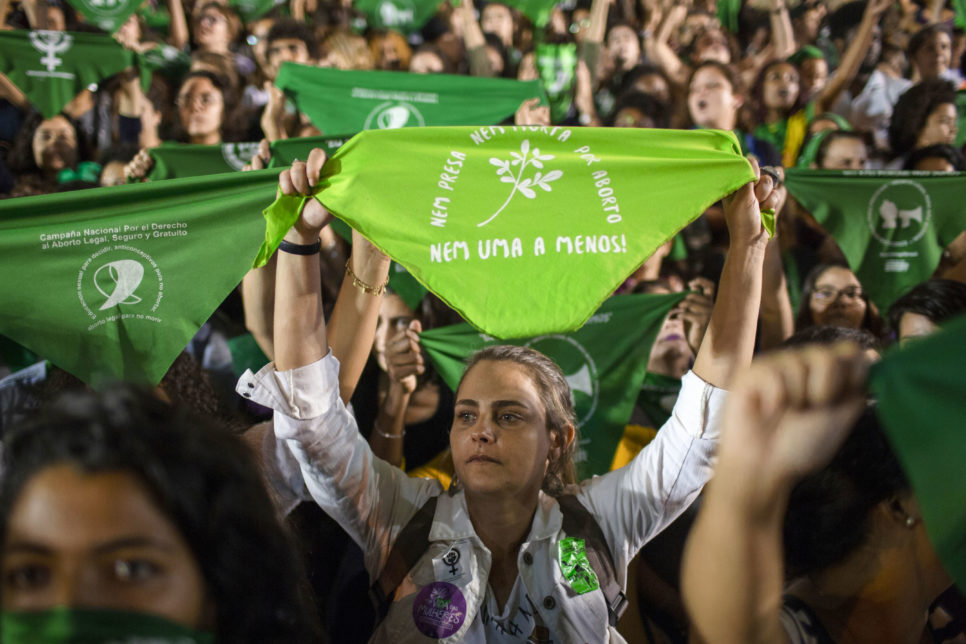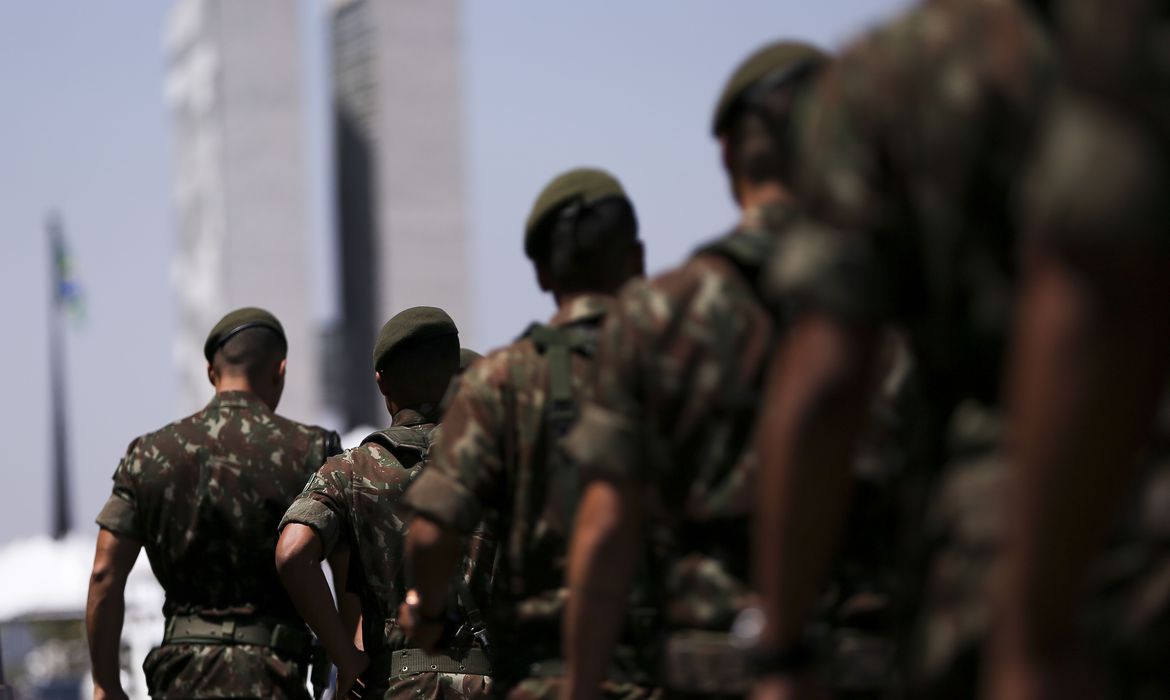ADPF Case (Allegation of Violation of a Fundamental Precept) No. 289, pending in the Supreme Court, will decide whether the Military Justice system has jurisdiction to try civilians in peacetime. The case was filed in 2013 by the Office of the Prosecutor-General.
The competence of military courts to judge civilians was expanded during the military dictatorship (1964-1985). Before this, the justice system overseen by the Armed Forces was only permitted to prosecute non-military personnel in very specific cases, such as attacks on the external security of the country or on military institutions. Therefore, as confirmed by public security experts, these powers acquired during the period of military rule, which include cases of libel and contempt, are entirely incompatible with the Federal Constitution of 1988.
The organizations Conectas Human Rights, Comissão Arns, Coletivo Papo Reto, Institute for the Defense of the Black Population, Justiça Global and Institute for the Defense of the Right to a Defense are participating in the case as amicus curiae. These organizations say that this issue is important and that what is at stake is the defense of fundamental rights, guaranteed by the Federal Constitution of 1988. Accordingly, they are asking the Supreme Court to disqualify Military Courts from judging civilians.
Read more
According to information published in July 2021 by the website SBT News, over the past 18 months, Military Courts have tried 771 civilians. Of these, 163 were convicted, 50 were acquitted and the other cases have not yet been completed.
In addition to ADPF 289, other cases in the Supreme Court – namely ADI 5901 and ADI 5032 – also challenge the role of Military Courts. In this context, a report released by the UN in September stated that investigations into murders and disappearances committed by public security agents and military personnel should be handled by jury trials and civilian justice systems, and not by the military justice system, as is often the case in Brazil.
Technical information
- Case: ADPF 289
- Court: Supreme Court
- Status: Awaiting judgment
- Procedure:
- 08/15/2013: Initial petition
- 06/14/2019: Case included in the schedule of cases for the first time. Scheduled to be judged, initially, on October 9, 2019.
- 10/08/2019: Removed from schedule of cases.
- 10/10/2019: Granting of requests for admission as amicus curiae from various civil society organizations opposed to the expansion of the jurisdiction of the Military Justice system. Over the years, several requests have been made.
- 06/30/2021: Case included again in the schedule of cases. This time, scheduled for October 21, 2021.
- 10/18/2021: Request filed for admission as amicus curiae by Conectas, together with Comissão Arns, Coletivo Papo Reto, Institute for the Defense of the Black Population, Justiça Global and Institute for the Defense of the Right to a Defense, with legal counsel from Rede Liberdade.
- 10/19/21: Filing of the briefs of these organizations arguing for the unconstitutionality of the expansion of the jurisdiction of the Military Justice system.
- 10/21/21: Case removed from the schedule of cases on October 21 and included again on October 27, 2021.
- 10/26/21: The civil society organizations that requested amicus curiae status in the case but that had not yet been granted admission asked for a postponement of the judgment and the approval of their requests for admission so they could contribute to the debate.
- 10/27/21: The requests for admission are analyzed and accepted, including the request by the Institute for the Defense of the Black Population, an organization that does not have a CNPJ Taxpayers’ Registry Number – a new precedent since the ruling in the ADPF Favelas Case (635) – and the judgment is removed from the schedule of cases without a new date to be judged.






